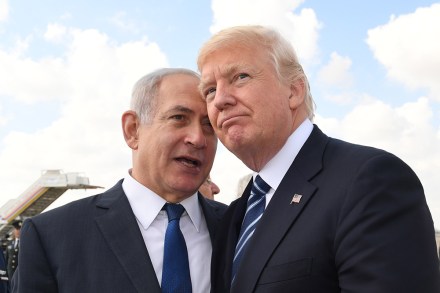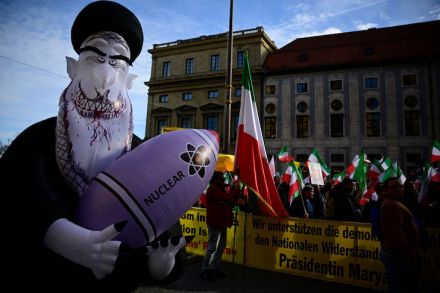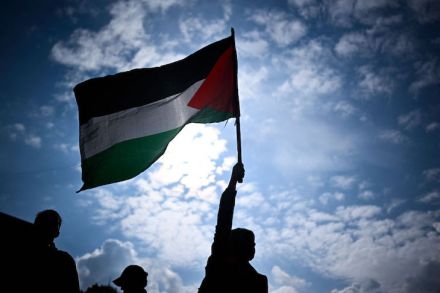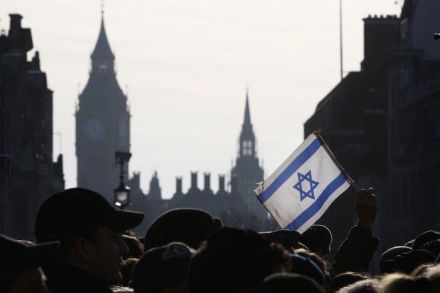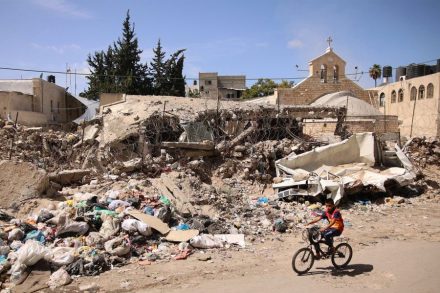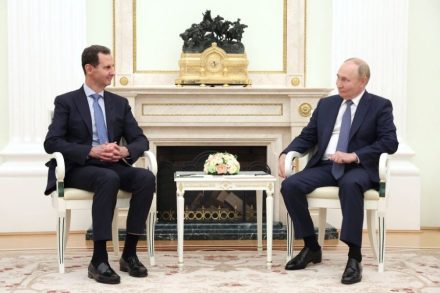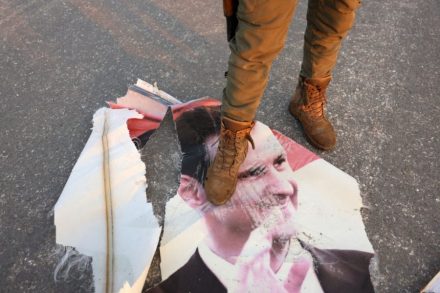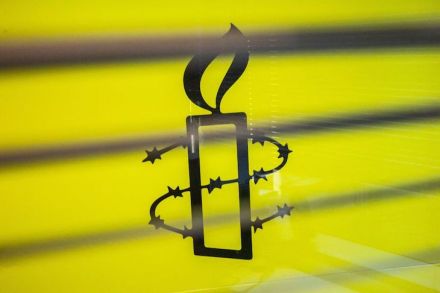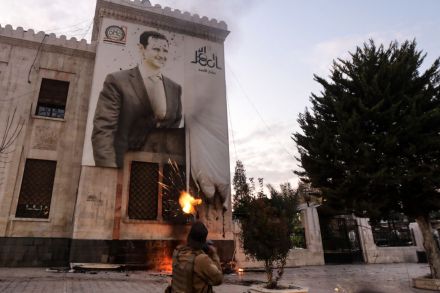‘Bashar was my friend’: the former Assad minister on why he didn’t flee Syria
Amr Salem mingles cheerfully with foreign investors and members of Syria’s interim government in a five-star hotel in Damascus, and why not? Salem’s disposition, clothing, and manners fit the scene. Yet Salem was, in fact, a minister in Bashar al-Assad’s regime and the officials he warmly greets are members of Hayat Tahrir al-Sham (HTS), with whom the regime fought a brutal 14-year-long civil war. When Assad fled Syria last month, many of his officials escaped the country too. But not Salem. Salem chooses his words carefully, portraying himself as a patriot who loyally served his country from the inside ‘Bashar was my friend,’ Salem states firmly. ‘I think he really



